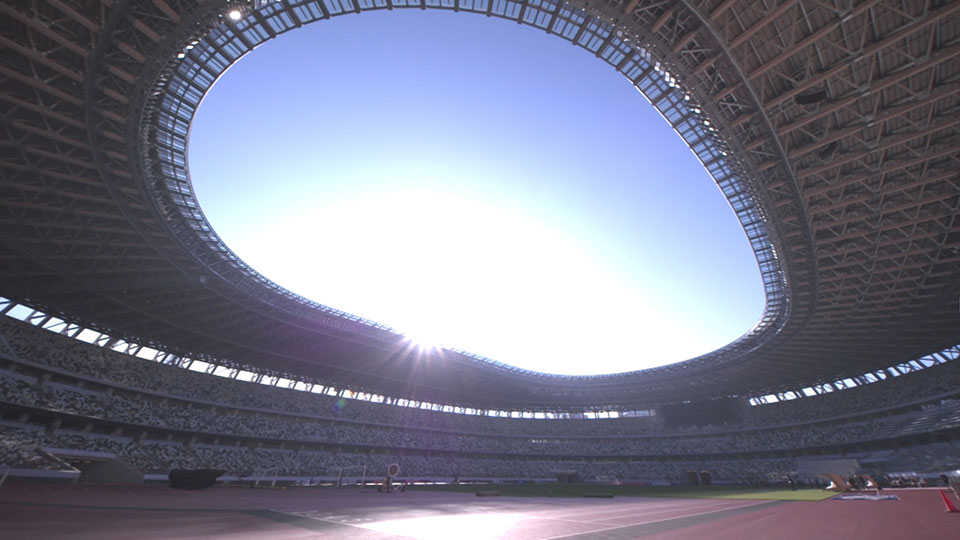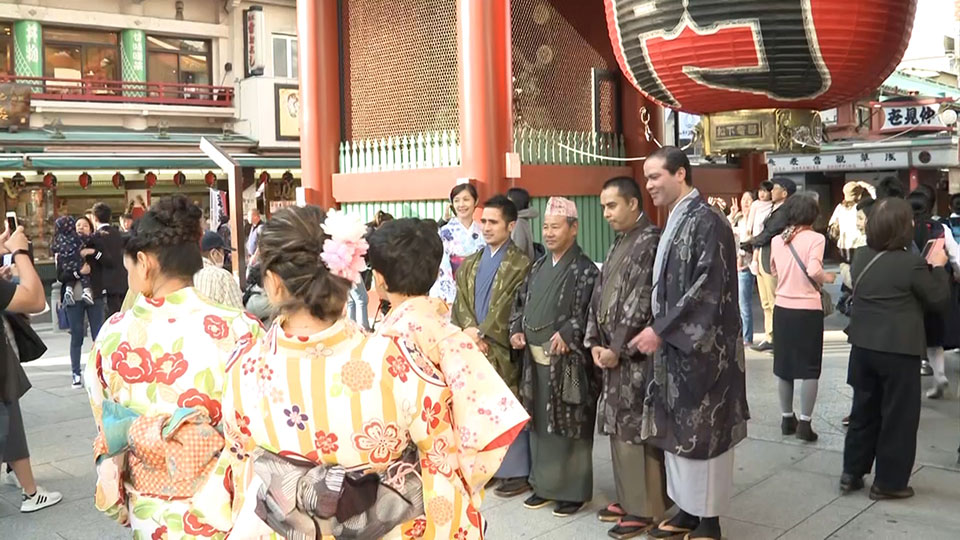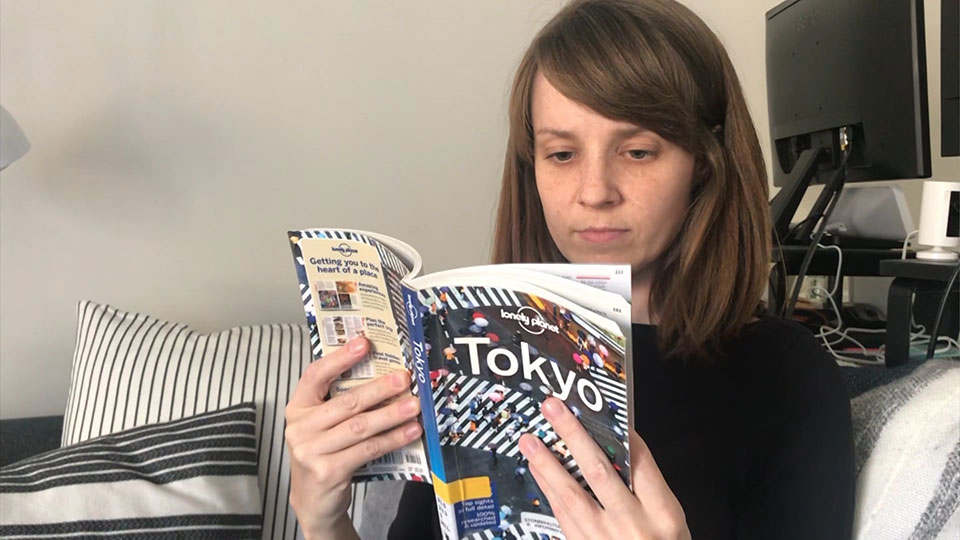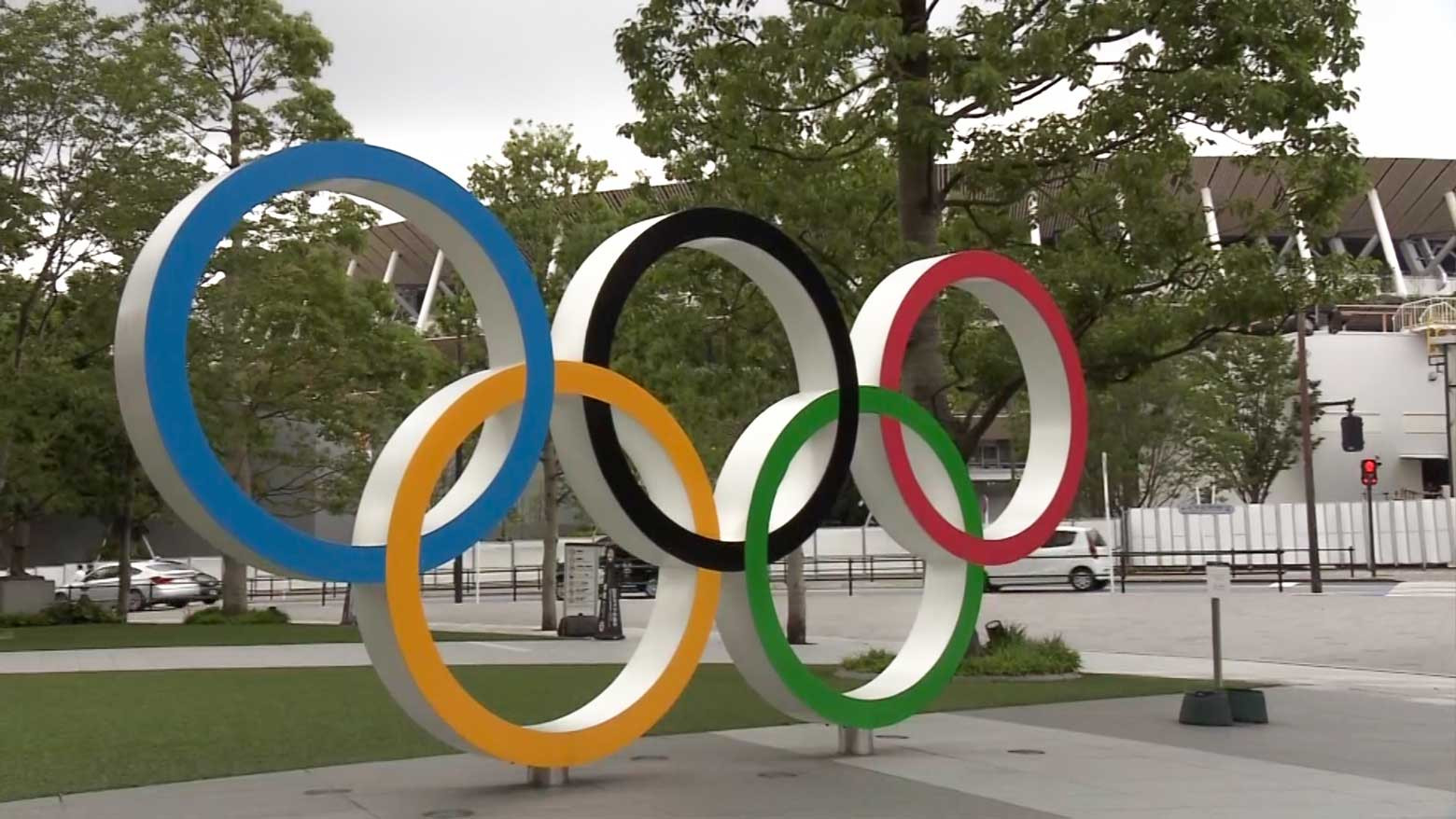Before the coronavirus outbreak, the organizers sold millions of tickets for events, and the capital was readying to welcome spectators from all corners of the globe. The head of the organizing committee, Mori Yoshiro, said on January 12 that he remains committed to holding the Games this summer.
But the number of COVID-19 cases has been surging since last month and Tokyo was already under a state of emergency when he made that vow. One of the measures instituted by the government is an entry ban for all foreigners in principle.
An opinion poll conducted by NHK earlier this month found little support for going ahead with the Games. Only 16% of respondents thought it was a good idea. Nearly 80% say the events should be canceled or postponed again.

Wada Koji, a professor at the International University of Health and Welfare and an expert in public health, believes it may be possible to hold the Games. He says Tokyo may be able to bring COVID-19 under control in one or two months, but even then, a summer Olympics won’t be straightforward.
Wada says organizers would need to consider the relative risks of infection in different sports, depending on the frequency of bodily contact in a sport. He says sports such as golf and tennis could be staged without much difficulty, but high-contact sports such as wrestling or judo pose a much greater risk of transmission.
An even more challenging issue is whether Tokyo can invite spectators. International Olympic Committee President Thomas Bach says it should be possible to have a “reasonable number of spectators.”
Japanese business leaders also want to invite them. In 2018, the number of inbound visitors topped 30 million for the first time. According to a Japan Tourism Agency survey in 2019, the visitors spent more than four trillion yen, or nearly $40 billion, and contributed to economies around the country. But the pandemic caused those numbers to plummet.

Ticket holders unsure about going
Melbourne-based Kyla Gardner is one of the many who were looking forward to attending the Games. She says she and her partner spent $3,000 on tickets for multiple events, but they’re now questioning whether they even want to go.
“If it was totally safe, I would like to do it because it would be the trip of a lifetime,” she says. “But we've seen how quickly outbreaks can start. It really happens so fast that I wouldn't want to go if it were a risk.”

Organizers unveiled an interim plan of measures for dealing with the coronavirus last month. It says authorities are considering alternatives to the current 14-day quarantine period for foreigners, including stringent testing and tracking apps.
Wada says the risk of outbreak may be too great to allow spectators, especially after the discovery of new, reportedly more contagious variants of the virus.
“It would be difficult to control spectators once they are in Japan,” he says. “They would be able to visit anywhere they wanted, and if they get sick, they may have difficulty accessing medical care.”
He says even if the virus situation improves, Japan would still need an effective system for monitoring visitors.
Organizers say that they will release a revised plan for spectators by spring, but soaring virus numbers and plummeting public support could prove to be insurmountable hurdles.


